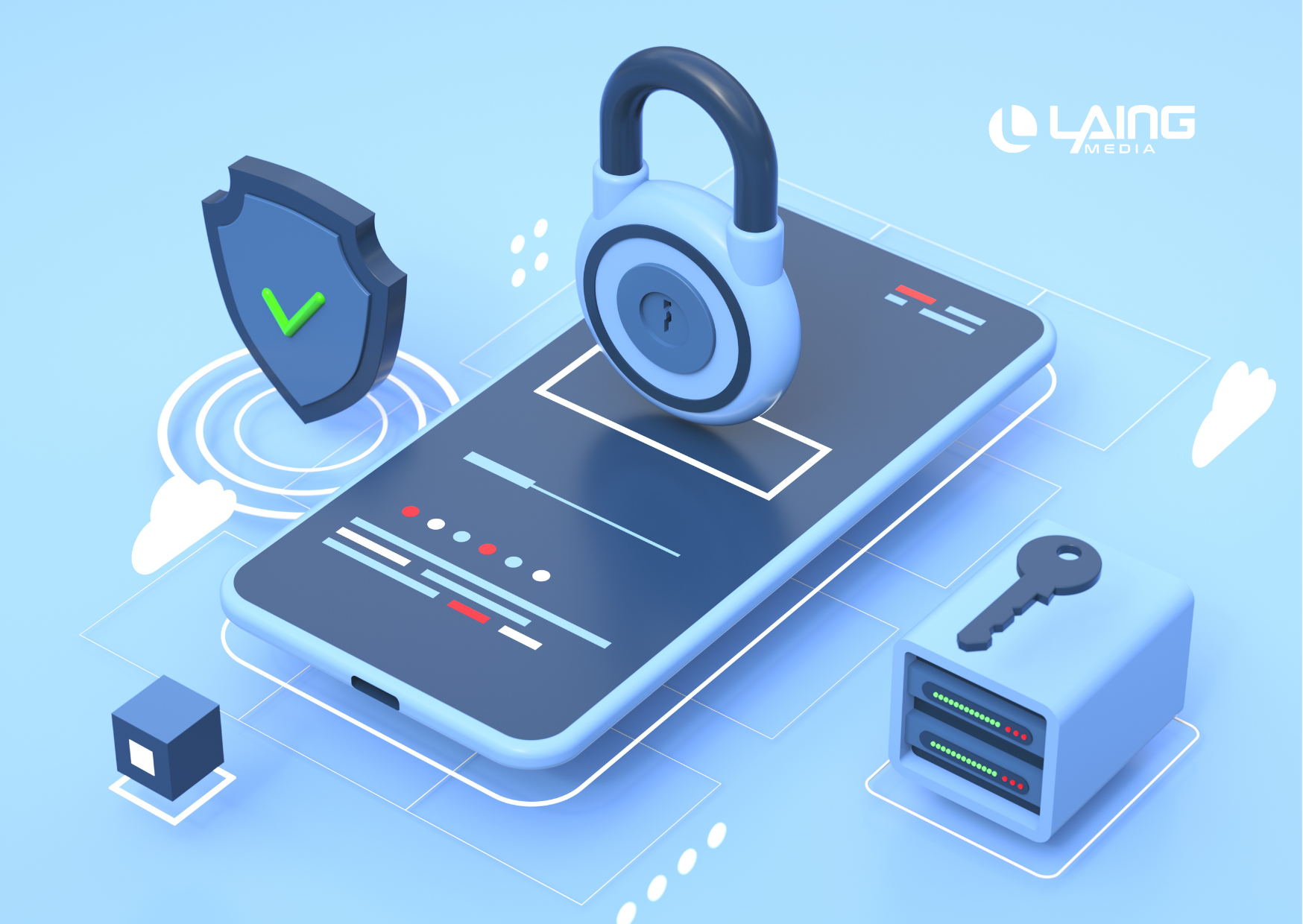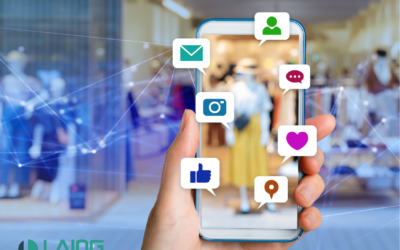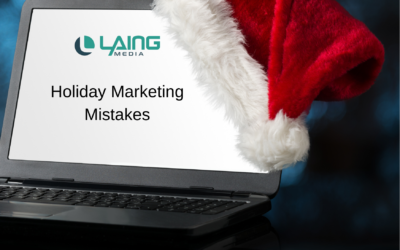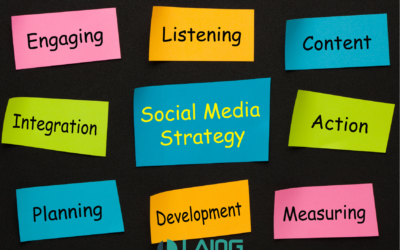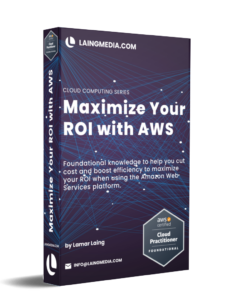If you’re running a SaaS company, you know the importance of keeping your data secure. You spend hours, money, and patience gathering as much data as possible to help drive business decisions. With cyberattacks on the rise, it’s more important than ever to have a comprehensive security plan in place to protect your business and your customers. But where do you start? We’ve gathered some essential data security tips to keep in mind to help safeguard your SaaS company.
From implementing two-factor authentication to regularly backing up your data, we’ll provide you with actionable steps you can take to keep your business safe. So, whether you’re a small startup or an established enterprise, take a few minutes to read through these tips and start protecting your SaaS company today.
Importance Of Data Security For Saas Companies
Data security is crucial for SaaS companies because they store sensitive information about their customers and their business. This information includes customer data, financial data, and proprietary information. A security breach can result in significant financial loss, damage to the company’s reputation, and legal liability. In addition, a breach can lead to the loss of customer trust, which can be challenging to regain.
SaaS companies are particularly vulnerable to cyberattacks because they store their data in the cloud, making it accessible from anywhere in the world. This accessibility makes it easier for hackers to gain access to the data. In addition, SaaS companies often have a large number of users, making it challenging to monitor and control access.
To protect your SaaS company, you need to have a robust security plan in place that includes measures to prevent attacks and ways to respond to them if they do occur.
Common Threats To Saas Data Security
Before we get into the essential data security tips for SaaS companies, it’s essential to understand the common threats that these companies face. Here are some of the most common threats to SaaS data security:
Phishing attacks
Phishing attacks are a common form of cyberattack where a hacker sends an email that appears to be from a legitimate source, such as a bank or a social media platform. The email contains a link that, when clicked, takes the user to a fake website that looks like the real thing. The user is then prompted to enter their login credentials, which the hacker can use to access their account.
Malware attacks
Malware attacks involve the use of malicious software to gain access to a company’s data. This software can be downloaded onto a computer or network without the user’s knowledge, allowing the hacker to gain access to sensitive information.
DDoS attacks
DDoS (Distributed Denial of Service) attacks involve overwhelming a company’s server with traffic, making it impossible for legitimate users to access the system. This type of attack can be used to disrupt operations or to distract IT personnel while another type of attack is carried out.
Insider threats
Insider threats involve employees or contractors who have access to sensitive data but use that access for malicious purposes. These threats can be intentional or unintentional, such as accidentally sharing sensitive information with someone who shouldn’t have access to it.
Essential Data Security Tips For Saas Companies
Now that we’ve covered the common threats to SaaS data security, let’s dive into some essential data security tips for SaaS companies.
Best practices for password management
One of the most critical aspects of data security is password management. Here are some best practices for password management:
- Encourage users to use strong, unique passwords that are difficult to guess.
- Require users to change their passwords regularly, such as every 90 days.
- Implement multi-factor authentication (MFA) to add an extra layer of security.
Encryption and secure data storage
Encryption is the process of encoding data so that only authorized users can access it. SaaS companies should use encryption to protect their data in transit and at rest. In addition, companies should ensure that their data is stored in secure data centers that are protected by physical security measures and firewalls.
Two-factor authentication
Two-factor authentication (2FA) is an essential security feature that adds an extra layer of protection to a user’s login credentials. With 2FA, users are required to enter a code that is sent to their phone or email in addition to their password.
Employee training and awareness
Employee training and awareness are critical components of a comprehensive security plan. Employees should be trained on how to recognize and respond to security threats. In addition, companies should have policies in place that outline the consequences of security breaches and how to report them.
Regular software updates and backups
Regular software updates are essential to keep systems and applications secure. Companies should ensure that their software is up-to-date with the latest security patches. In addition, regular backups of data are essential to ensure that data is not lost in the event of a security breach.
Choosing a reliable hosting provider
Choosing a reliable hosting provider is critical to ensuring the security of your SaaS company’s data. Look for a hosting provider that has a proven track record of security and has implemented measures such as firewalls, intrusion detection, and prevention systems.
Data Security You Can Trust
Data security is an essential consideration for SaaS companies of all sizes. With cyberattacks on the rise, it’s more important than ever to have a comprehensive security plan in place that includes measures to prevent attacks and ways to respond to them if they do occur. Remember, data security is an ongoing process that requires constant vigilance and attention to detail. By making it a priority, you can help ensure the long-term success of your SaaS company.
Looking for more information or guidance on how to protect your company’s data? You can schedule a free consultation with a Laing Media team member. Visit www.laingmedia.com for more information.
The Biggest Lesson From the Social Media Outage: You Need a Website
On Monday, October 4, 2021, the interconnected world that we knew took a pause. Three major social networking platforms, Facebook, Instagram, and WhatsApp, experienced an outage that left many confused, anxious, and stressed. While each platform has experienced...
4 Holiday Marketing Mistakes to Avoid
Once the final summer sun has set and the first leaves start to fall, word begins the spread that the holiday season is finally here. From transitioning to pumpkin spice lattes to outfitting scarves and boots, through family gatherings, decorative lights, and gift...
Social Listening: The Powerful Source For Information
Having access to real-time information and data is instrumental for business success. Understanding what audience behaviors, patterns, activities, and even social conversations look like at any moment can help businesses make intelligent decisions. However, since the...
Talk to an expert.
For more information on holiday season content and Laing Media’s digital marketing services.


